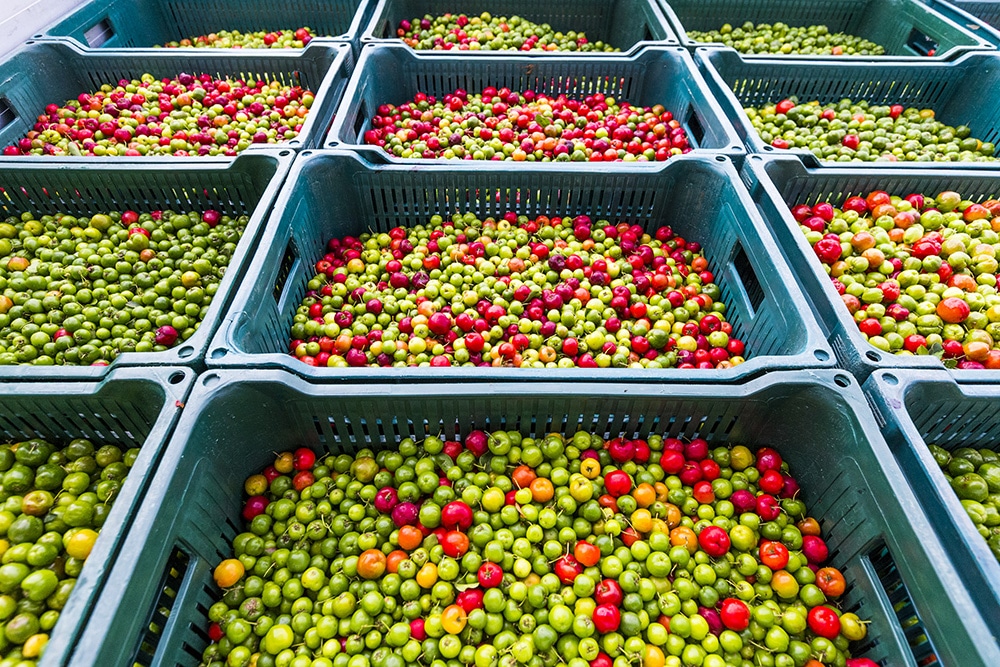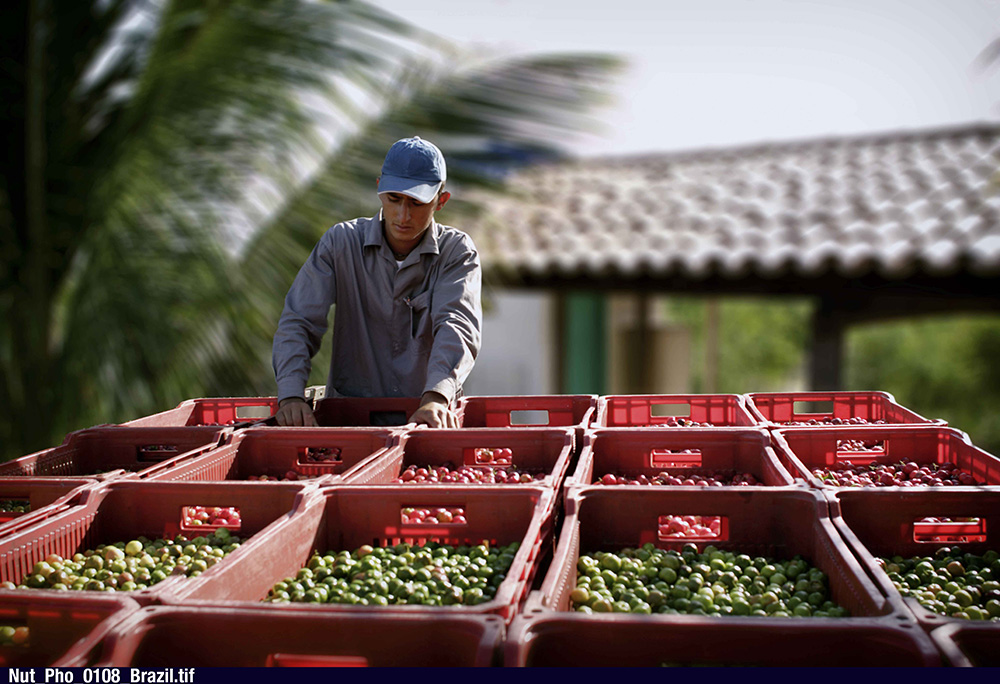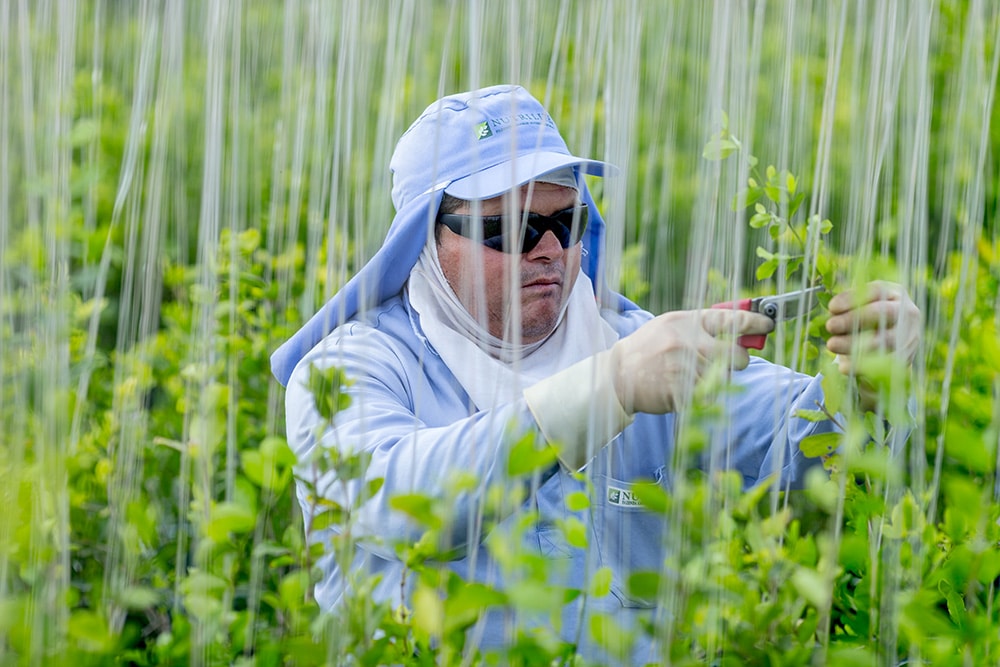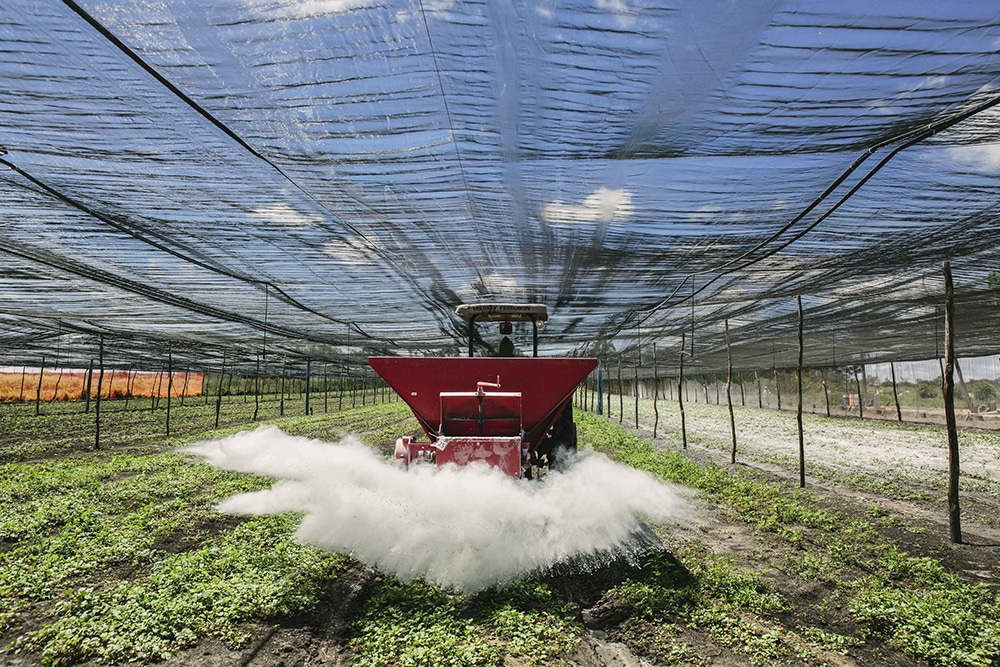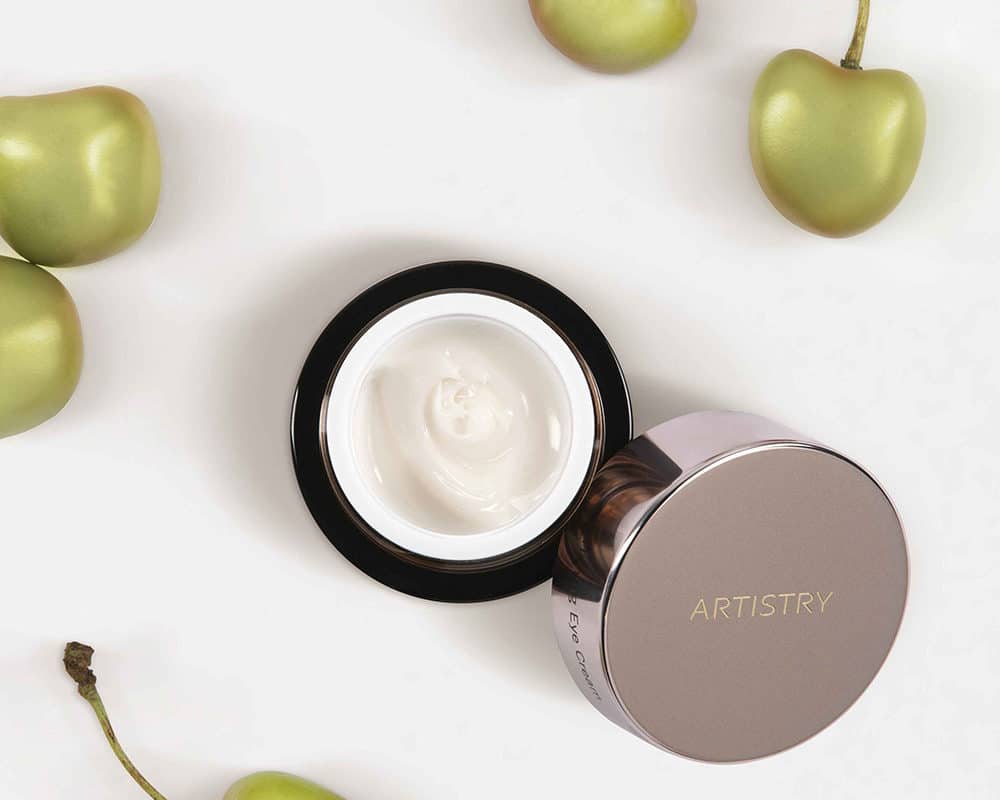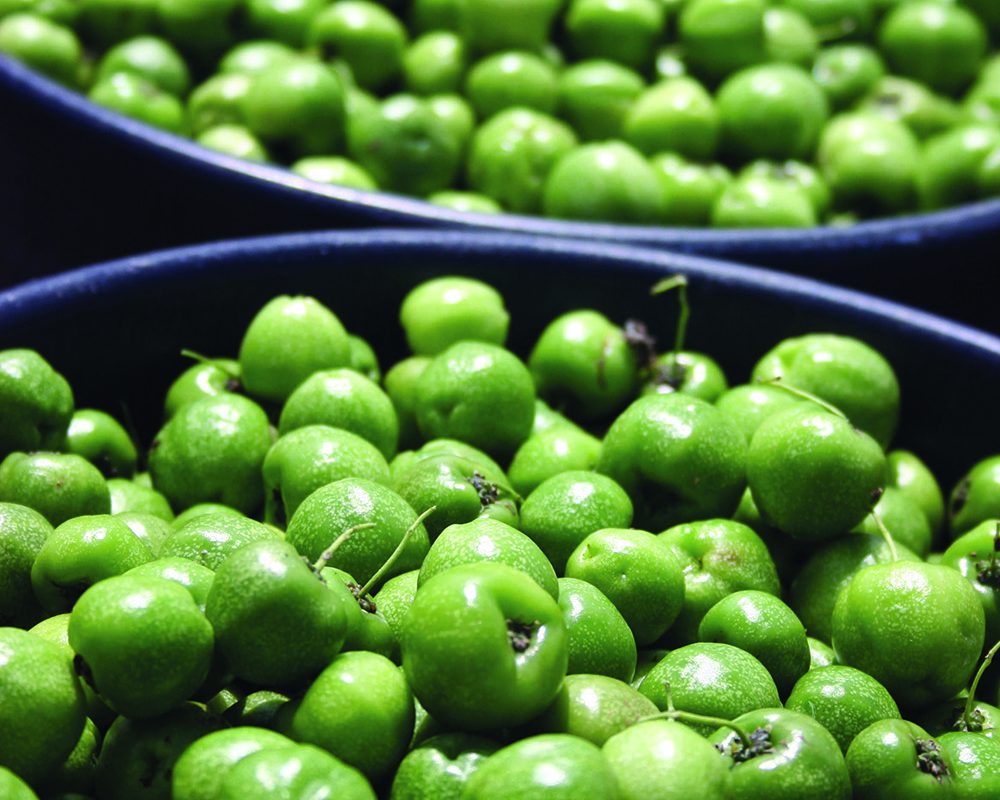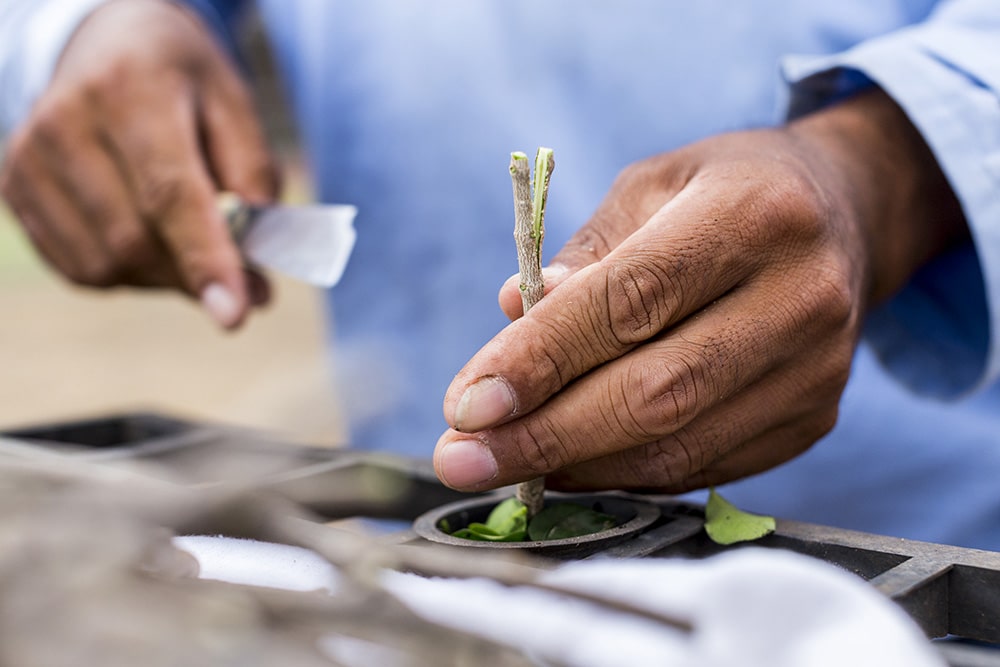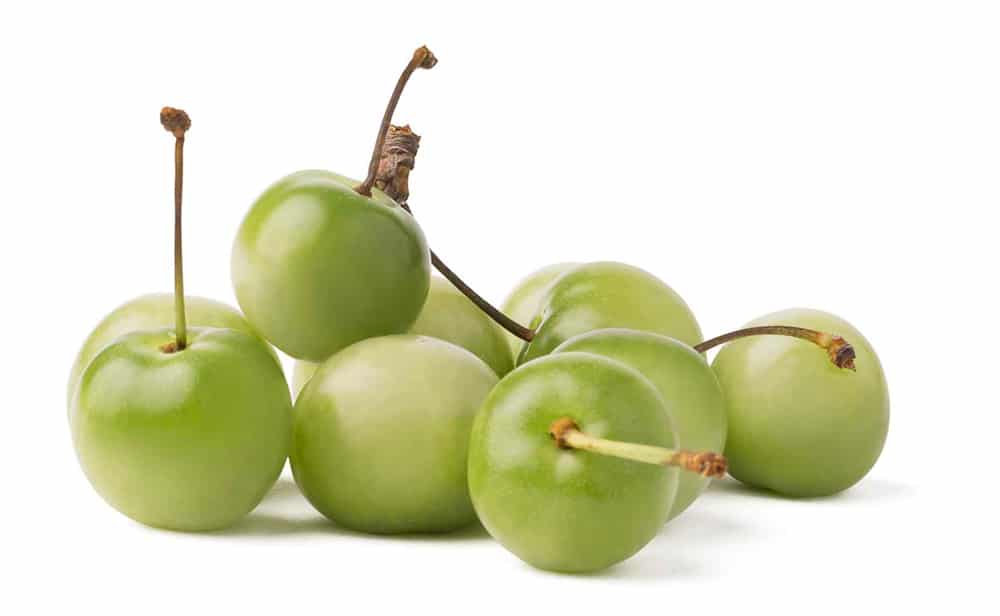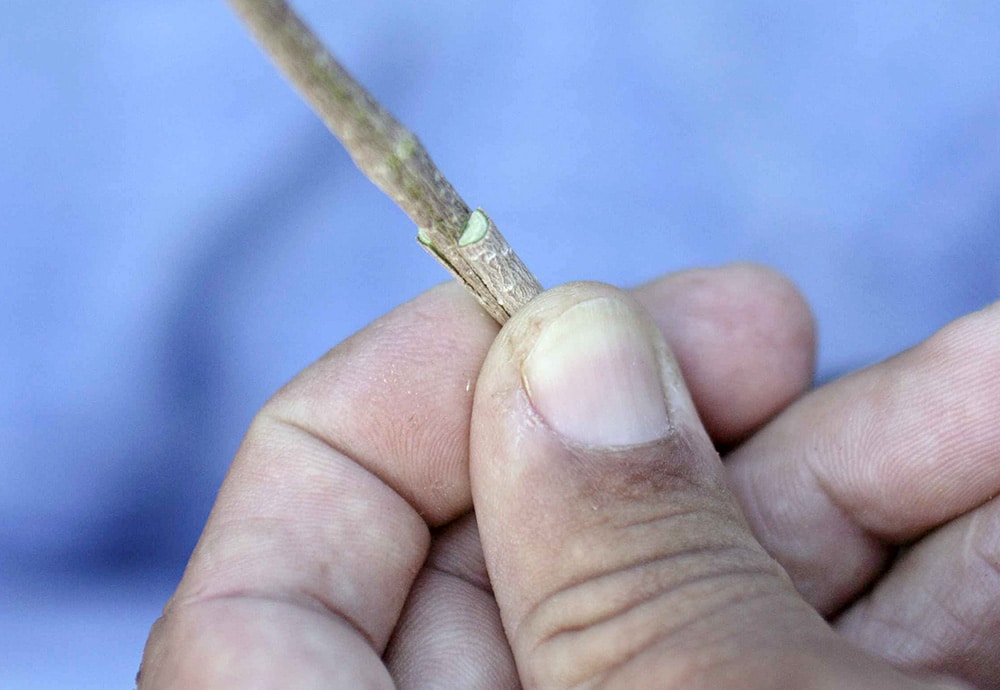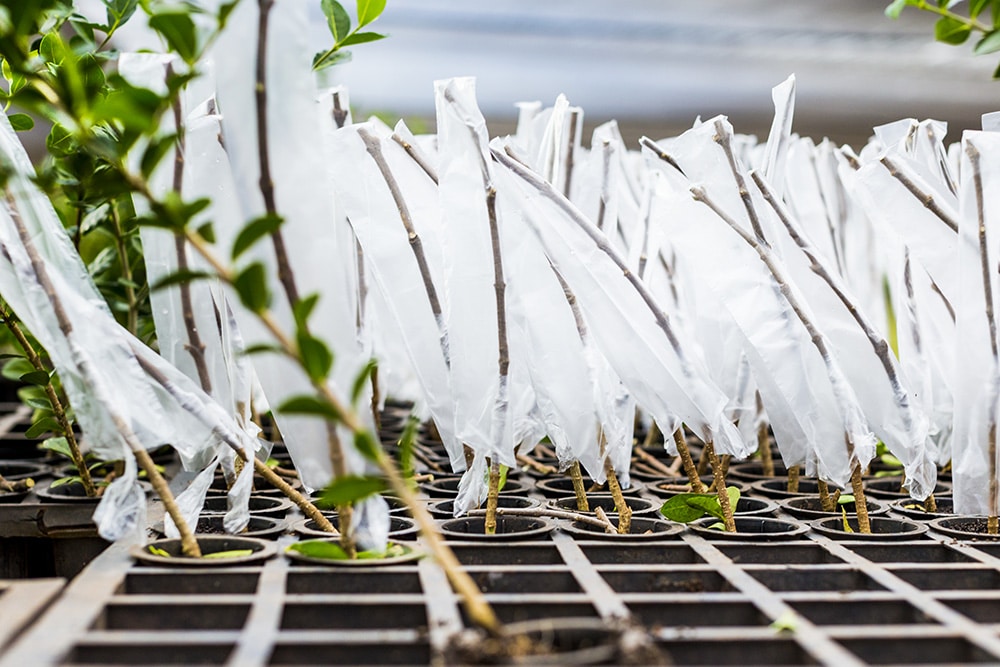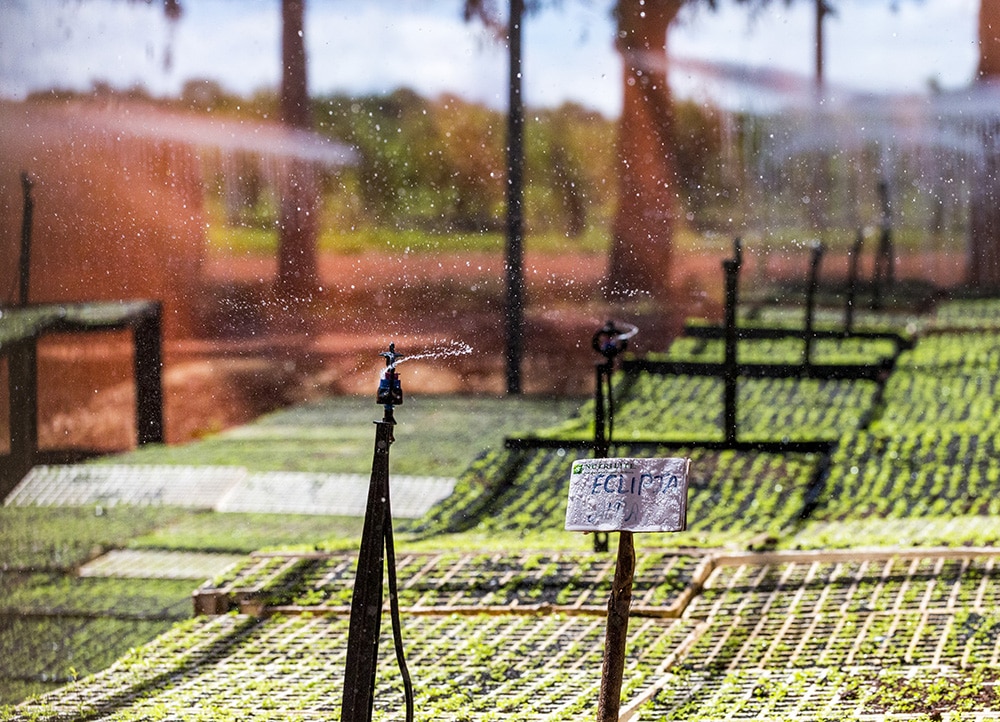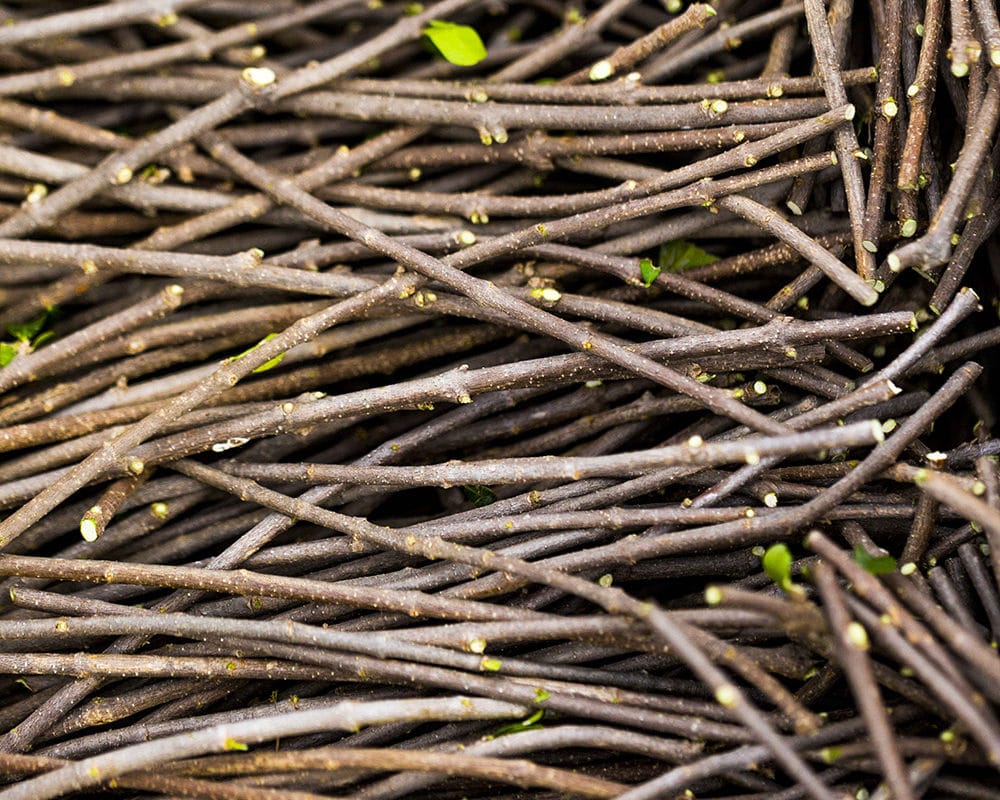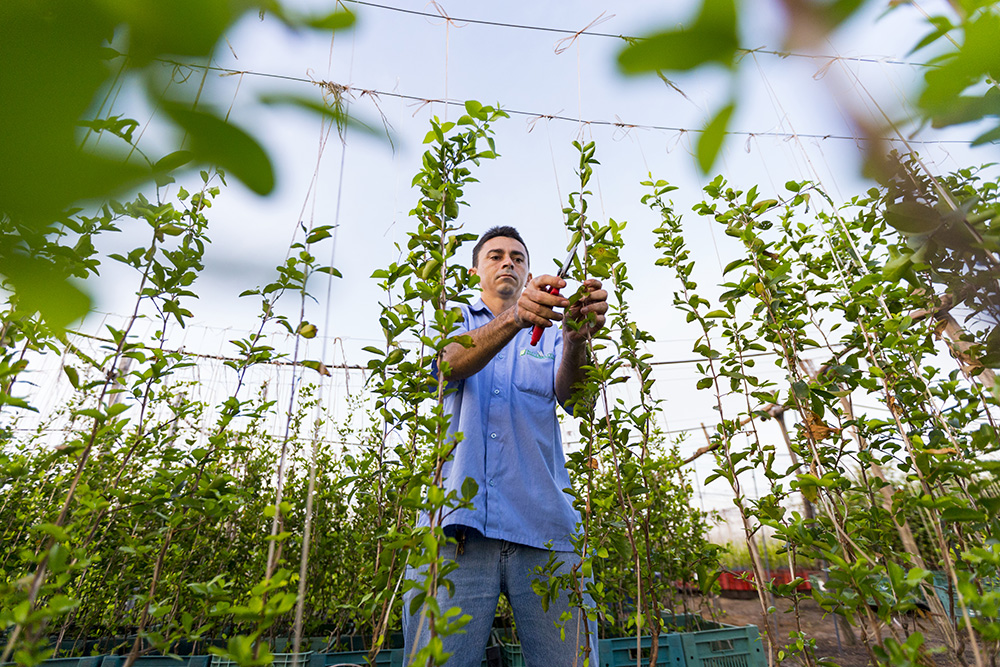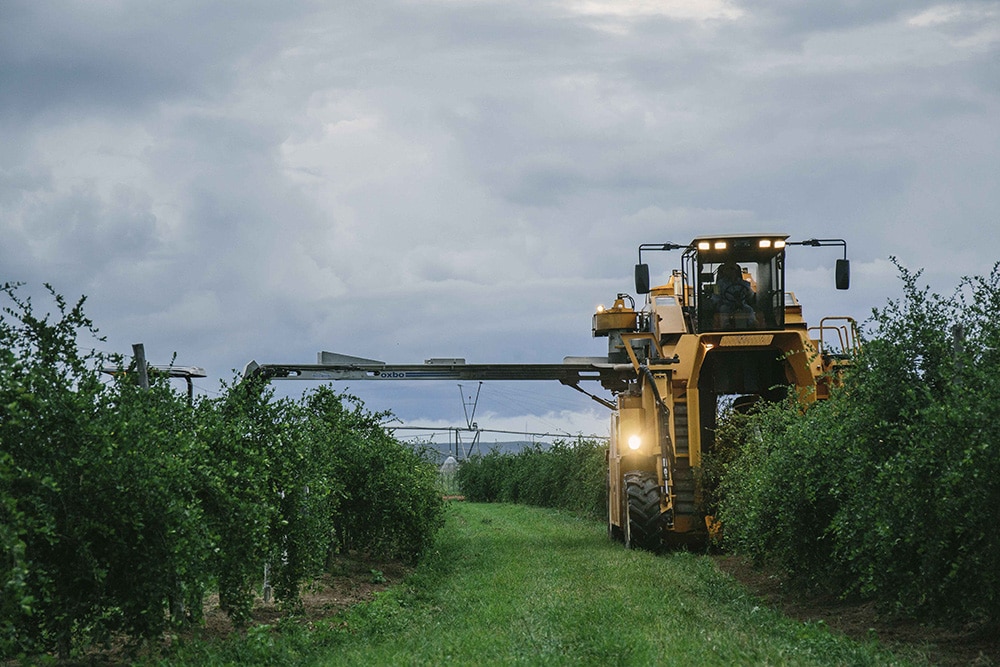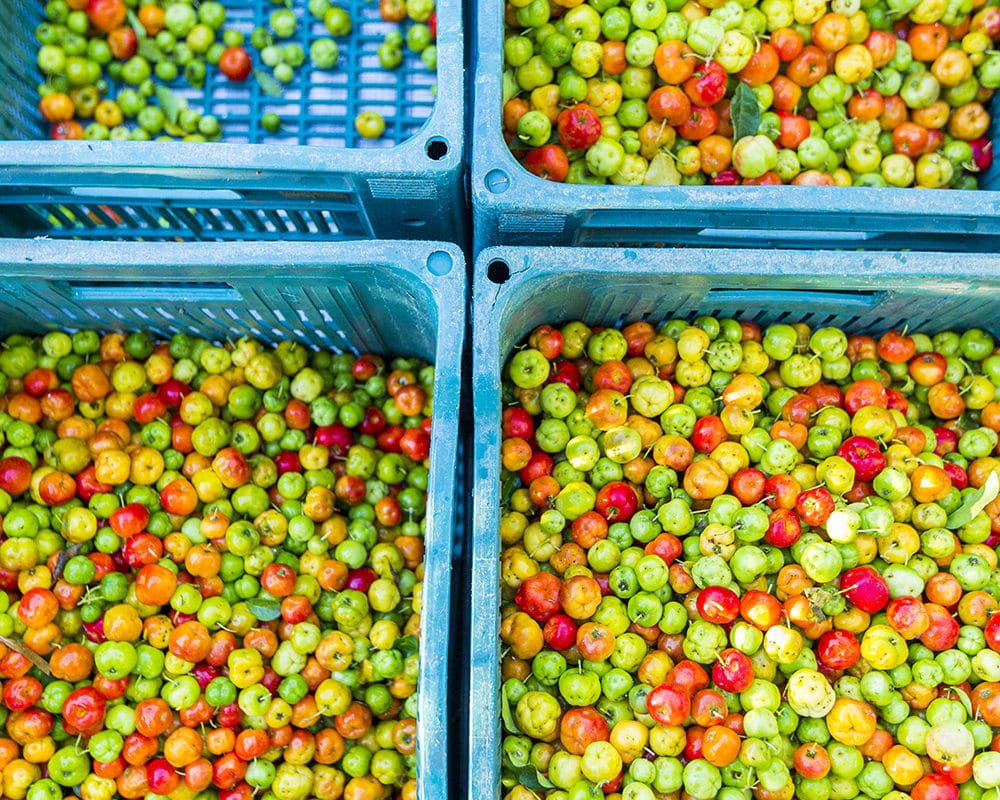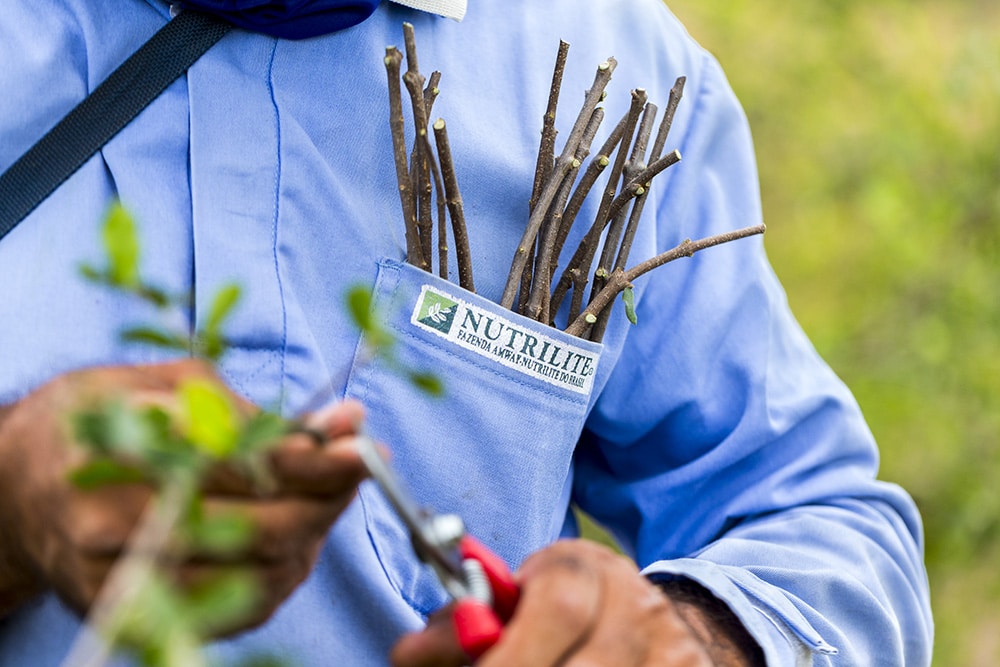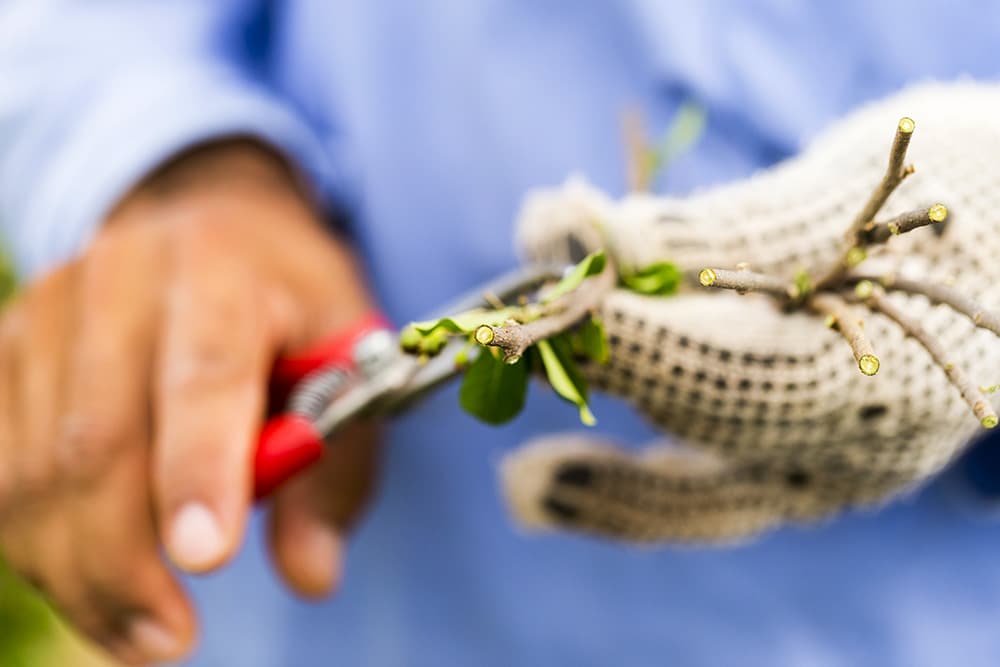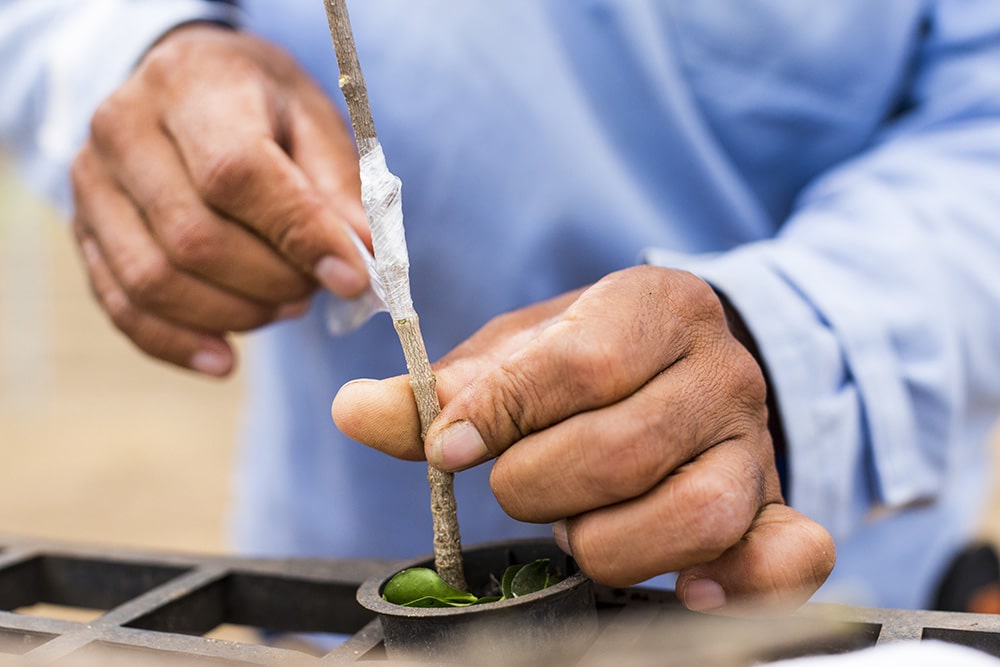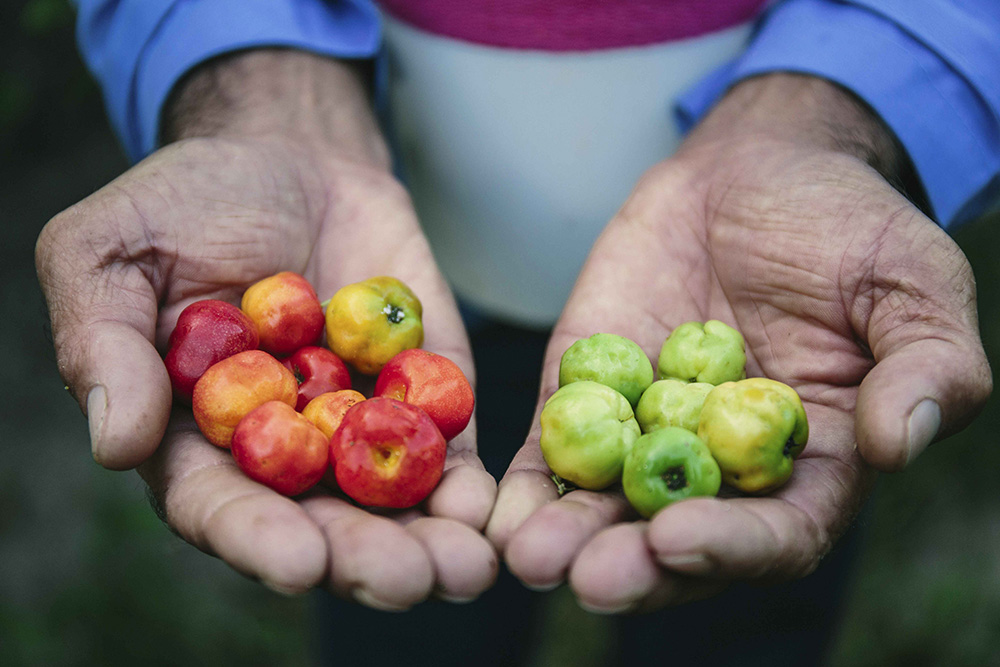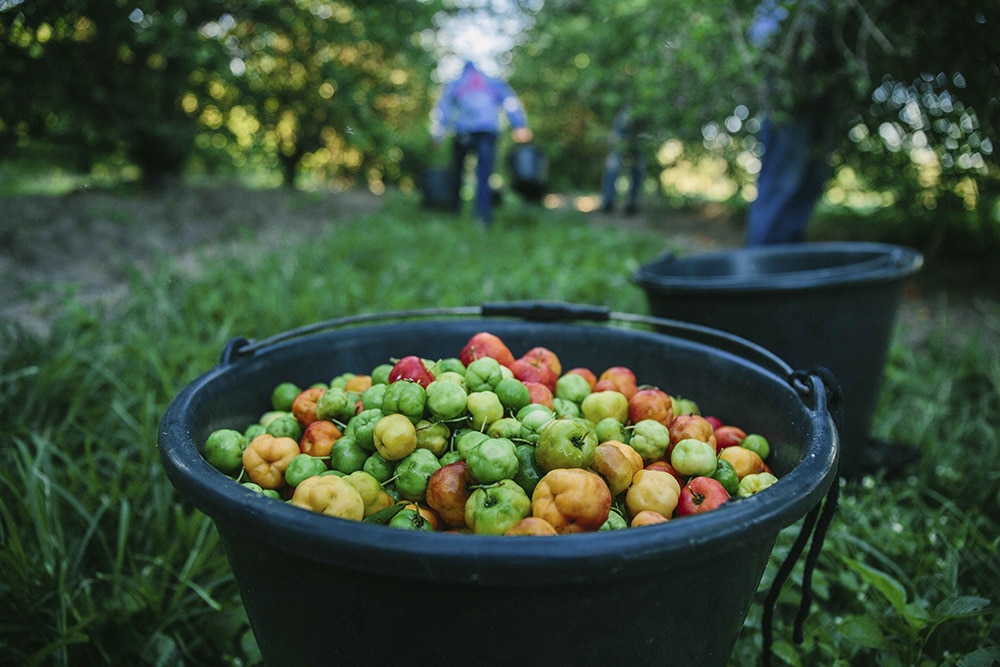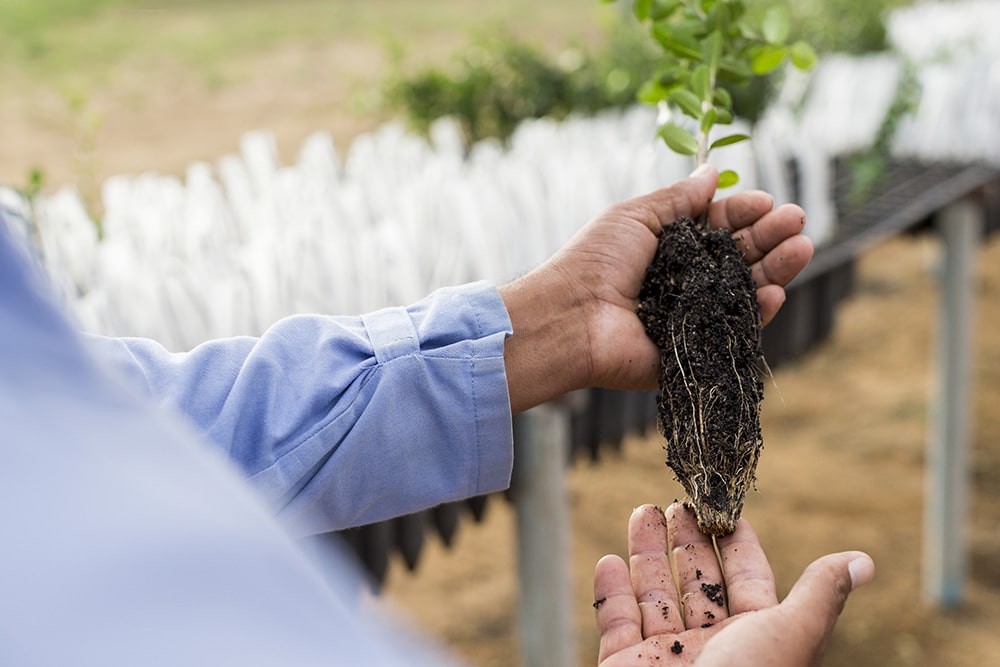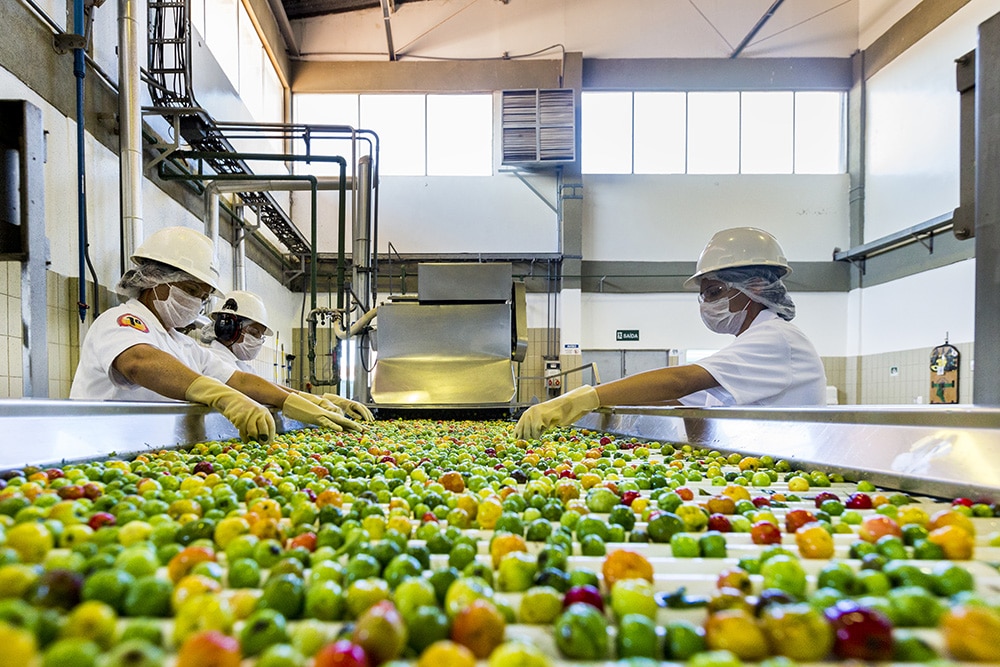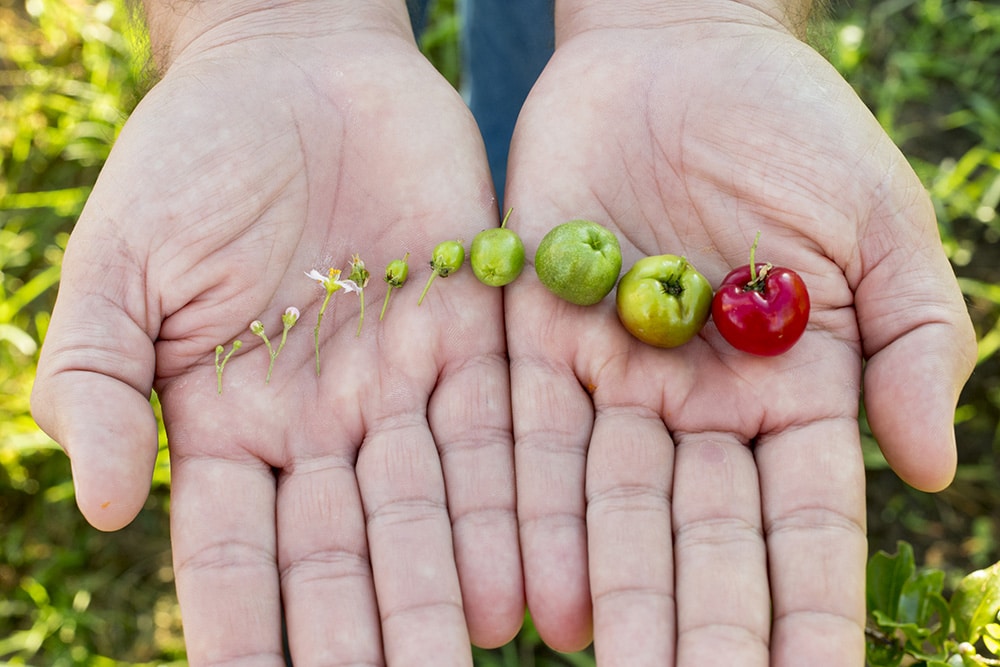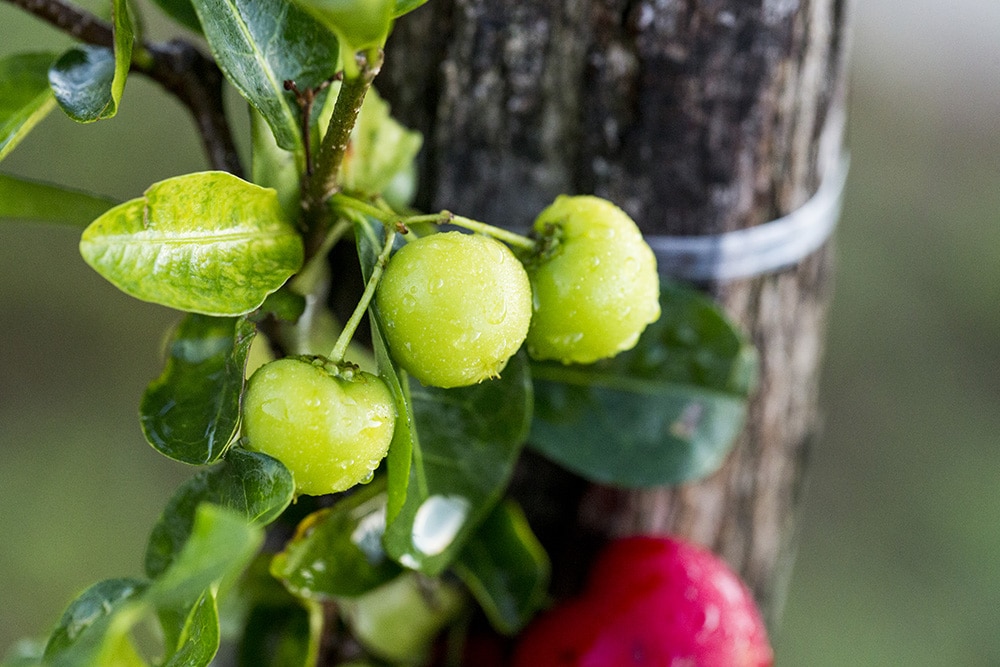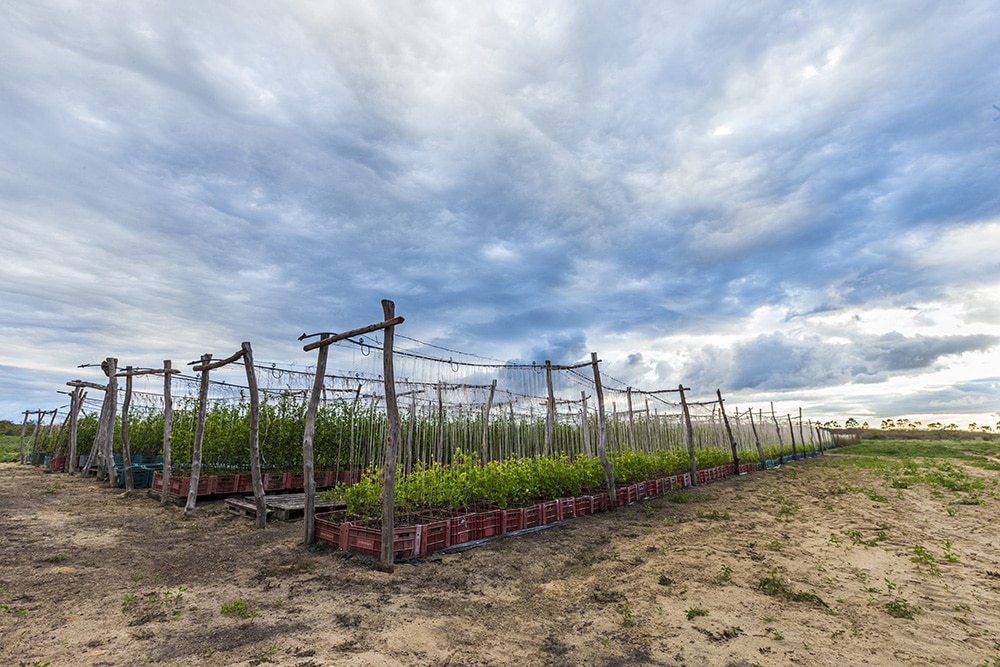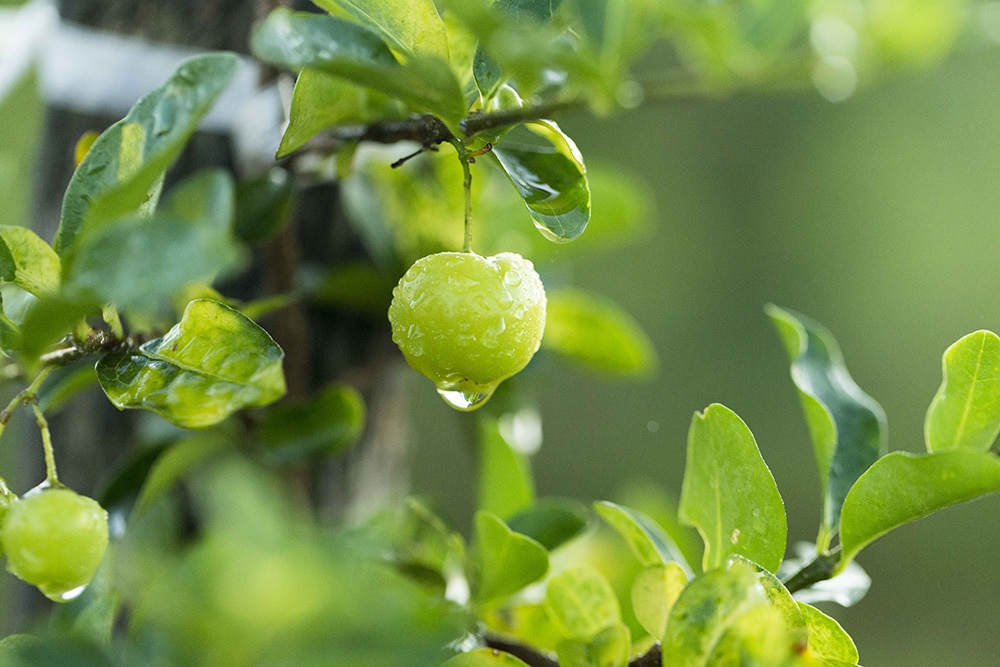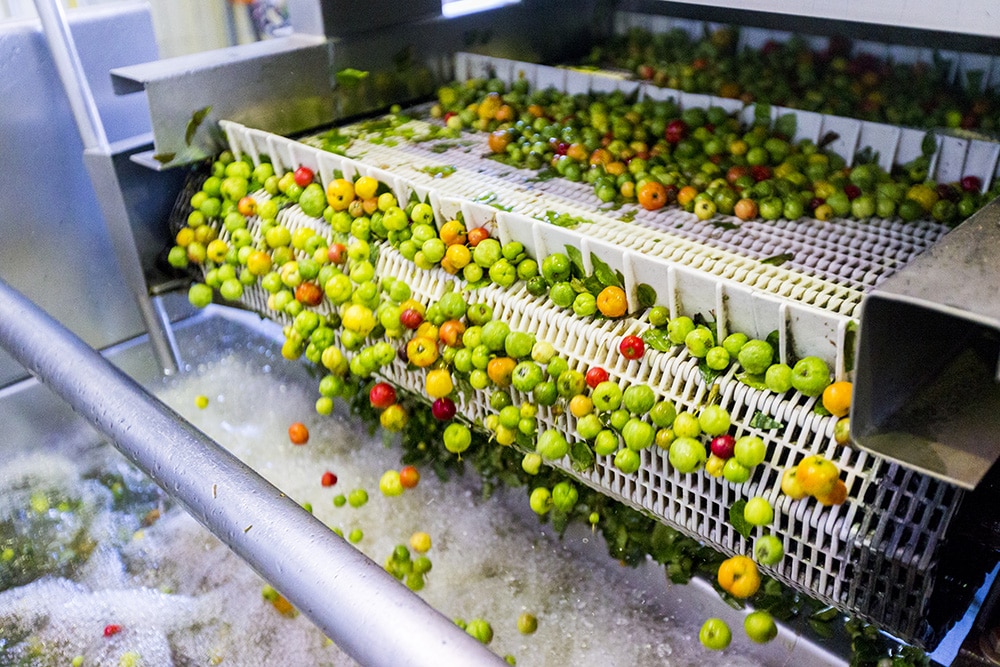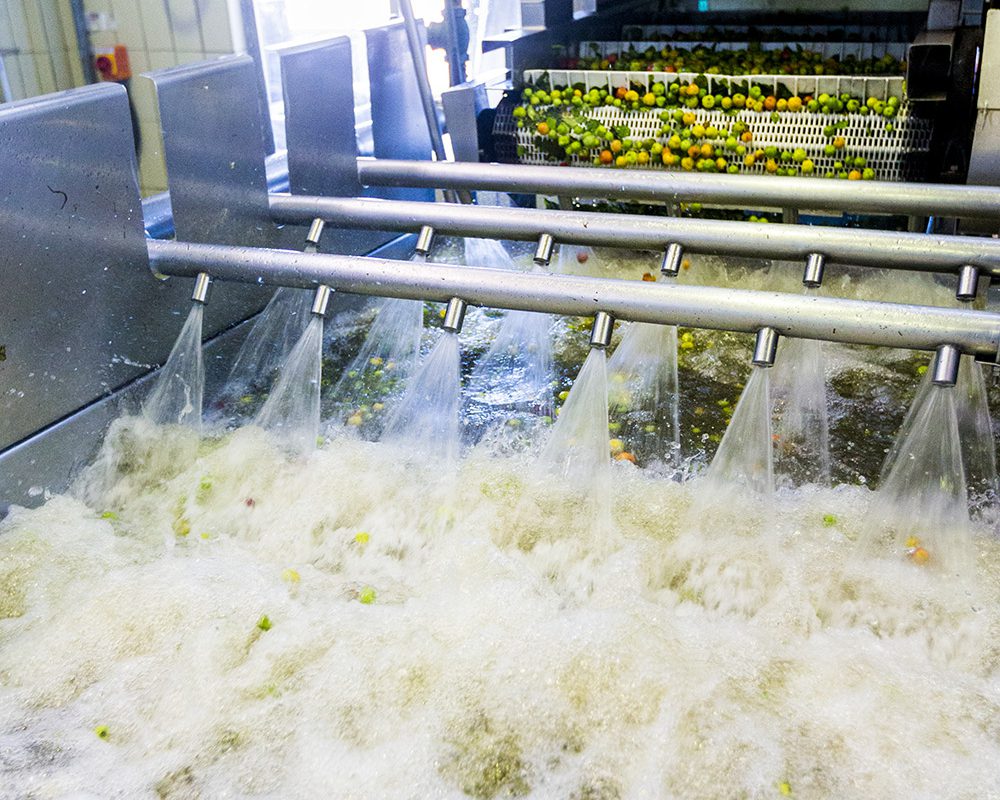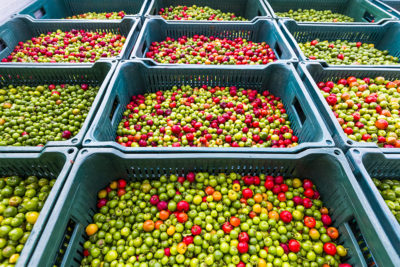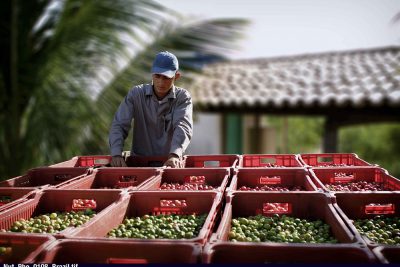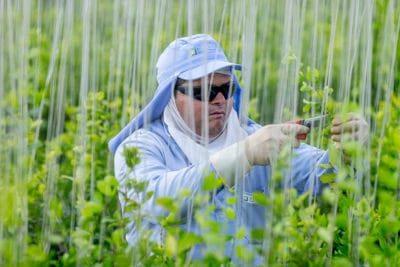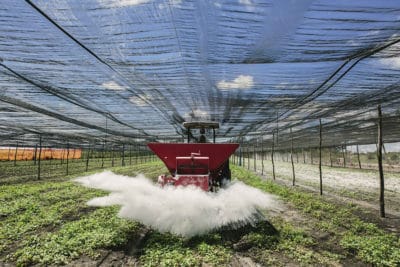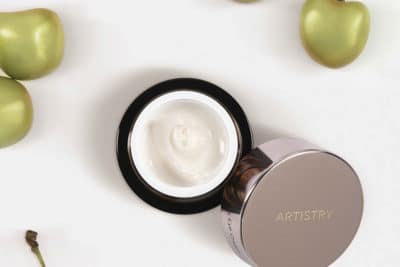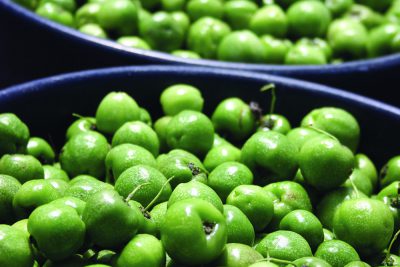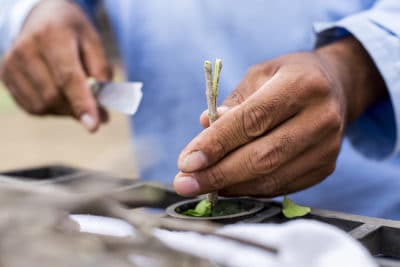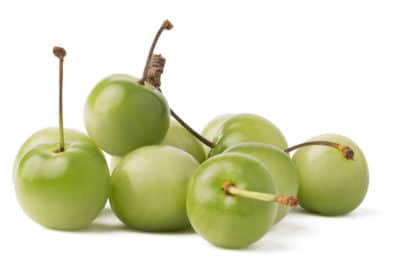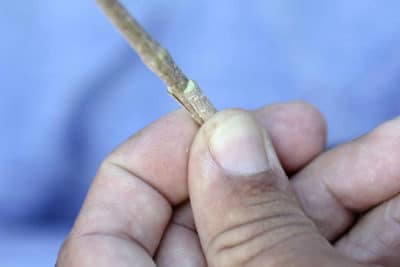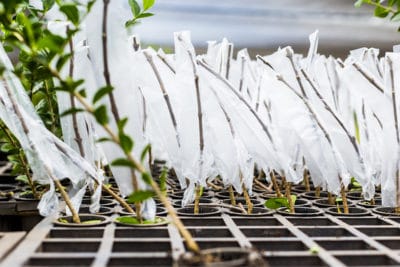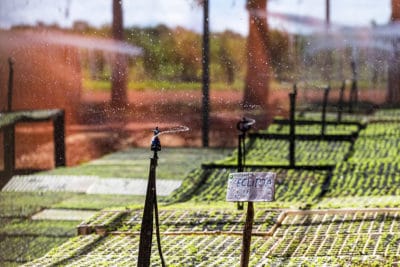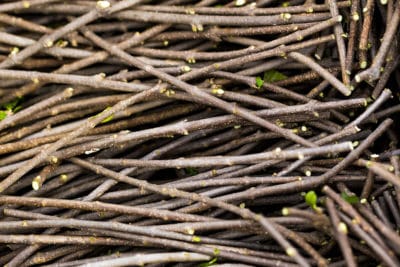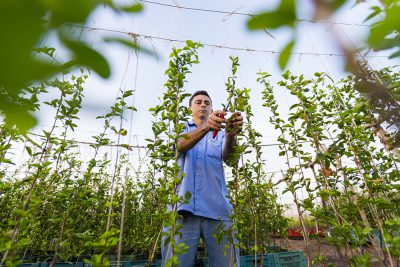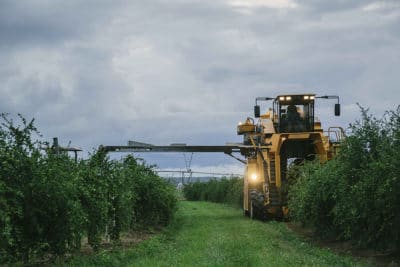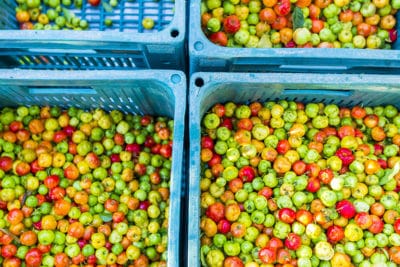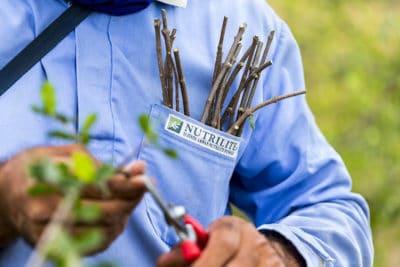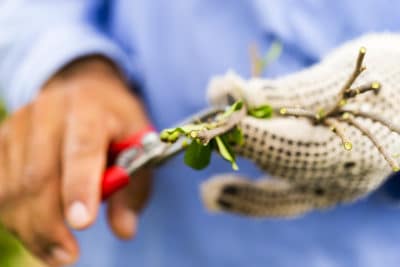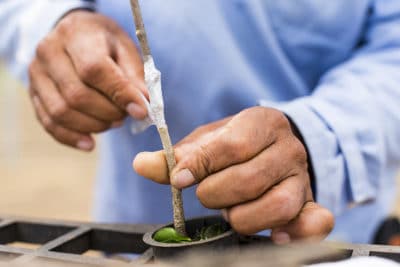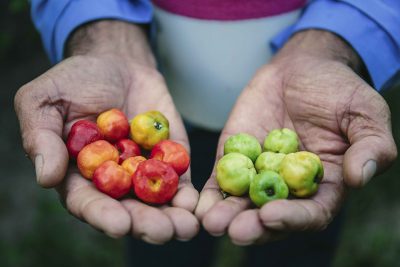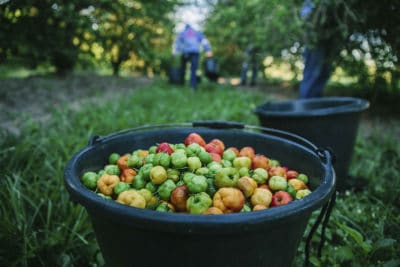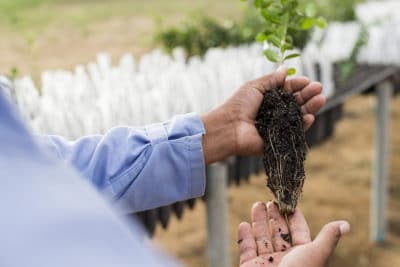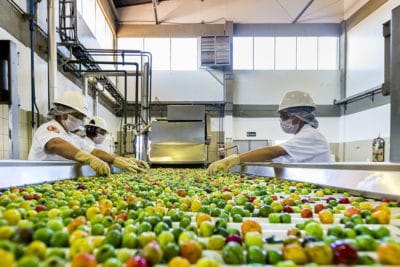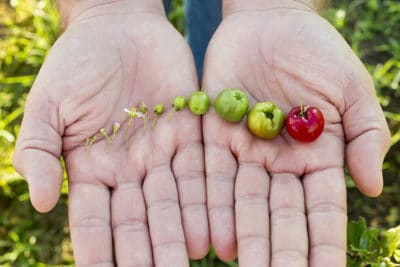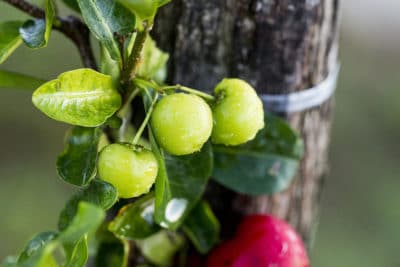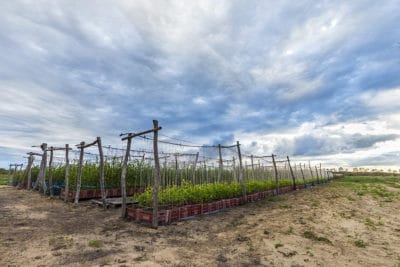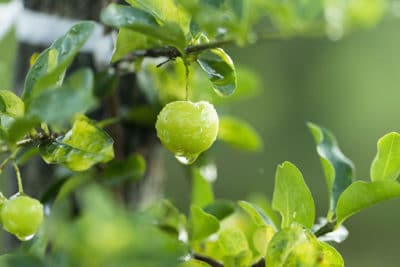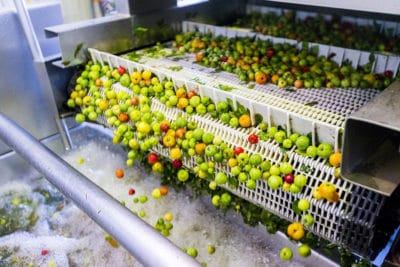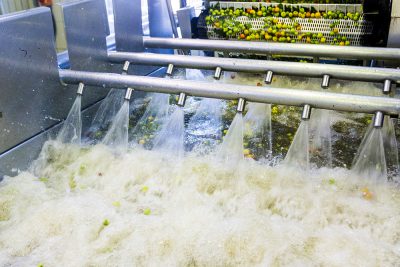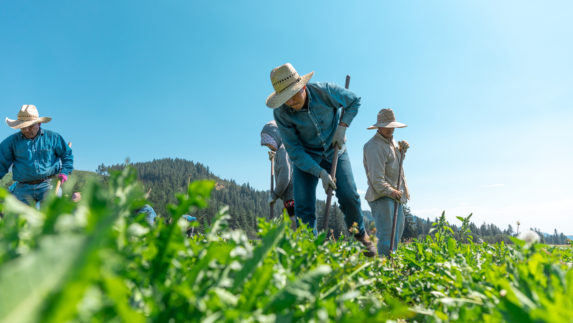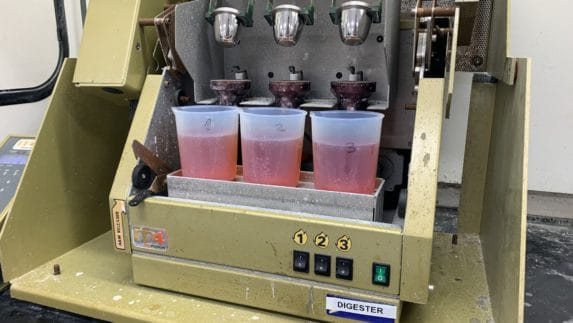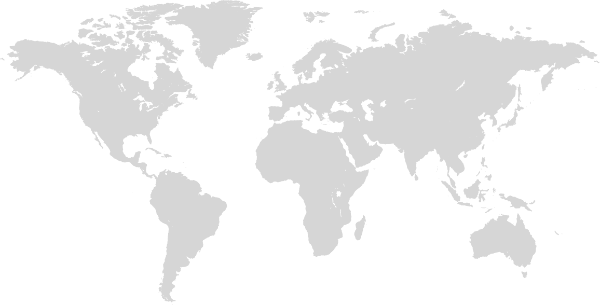Ada, Michigan — It’s not often considered a “good thing” when a drought impacts a farming community but for Amway’s certified organic farm in Brazil, a lack of rain has resulted in water usage improvements that will be helpful for years to come.
The past six years offered very little water for Fazenda Amway Nutrilite do Brasil, the company’s certified organic Acerola Cherry farm.
The arid climate of this Caatinga Desert regionsuffered a drought from 2012 to 2017, which prompted some critical thinking from the farm’s team.
“Usually a drought might last one or two years, but this one lasted six,” Joaquim Duran, manager of agricultural operations said. “It has been challenging for us, but this year looks better, we’re recovering our reservoir level.”
The farm is located on 1,600 hectares (3,955 acres) near the city of Ubajara in northeastern Brazil and all of its water comes from a reservoir that supplies about 300,000 people, Duran said.
The water level within the reservoir decreased drastically throughout the drought and with less water to use, new irrigation practices needed to be introduced quickly.
Agricultural coordinator Matheus De Avellar said techniques such as subsurface drip irrigation, cleared the path for including more technology in the orchard.
Drip irrigation is a technique in which water runs through tubes and is applied directly to soil and roots. Runoff or evaporation waste associated with topical water applicators like sprinklers is minimized because more water goes directly to the tree’s root base.
“It was a great learning process for us to work more sustainably with the water process and the drought tolerance,” De Avellar said. “The techniques we already have in our orchards are allowing us to open our minds to new technologies.”
The quick advancements by Amway’s staff in Brazil kept the supply of Acerola Cherries strong for many of the company’s products. The farm produces over 14 million kilos (more than 30.8 million pounds) of Acerola Cherries per year, which are used as a Vitamin C source in Nutrilite supplements and most all Artistry skincare. Internally, it supports a healthy immune system, while topically Vitamin C acts as an antioxidant to fight the aging effects of sun and pollution.
Learn about another great Amway ingredient harvested from the fjords in Iceland
Currently there are 12 plots of Acerola Cherry trees on the farm and each plot has its own moisture monitoring system.
The system measures soil moisture andsolution(the physical makeup of the soil) and sends that data to a computer inside the administration building. Adjustments can then be made to the plots that require more or less water or fertilizer.
“It’s very important to know where and when we must act,” De Avellar said. “It’s a very good tool, sometimes we don’t have enough people to go and check every single area in the field so this technology helps us a lot. With this data we are able to understand how to irrigate or fertilize.”
Duran said the farm is a leader in the community when it comes to responsible water usage. Before the implementation of new irrigation techniques, 1,300 liters of water were needed to produce 1kg of Acerola Cherries. With the new system just 650-800 liters are needed for the same amount, he said.
“We have a very good relationship with the community because we can teach people how to use the water in a responsible way,” Duran said. “For instance we used to use a micro-sprinkler and now we use drip irrigation. It’s real technology and it’s new in this region. We’re having good implementation of this, so teaching people how to use it is good because we’re learning and sharing our knowledge with the community.”
Amway’s certified organic Acerola Cherry farm is located in the northeast region of Brazil in the municipality of Ubajara. The tropical climate provides a good environment for Acerola growth but Amway uses additional techniques to ensure we grow the best trees.
